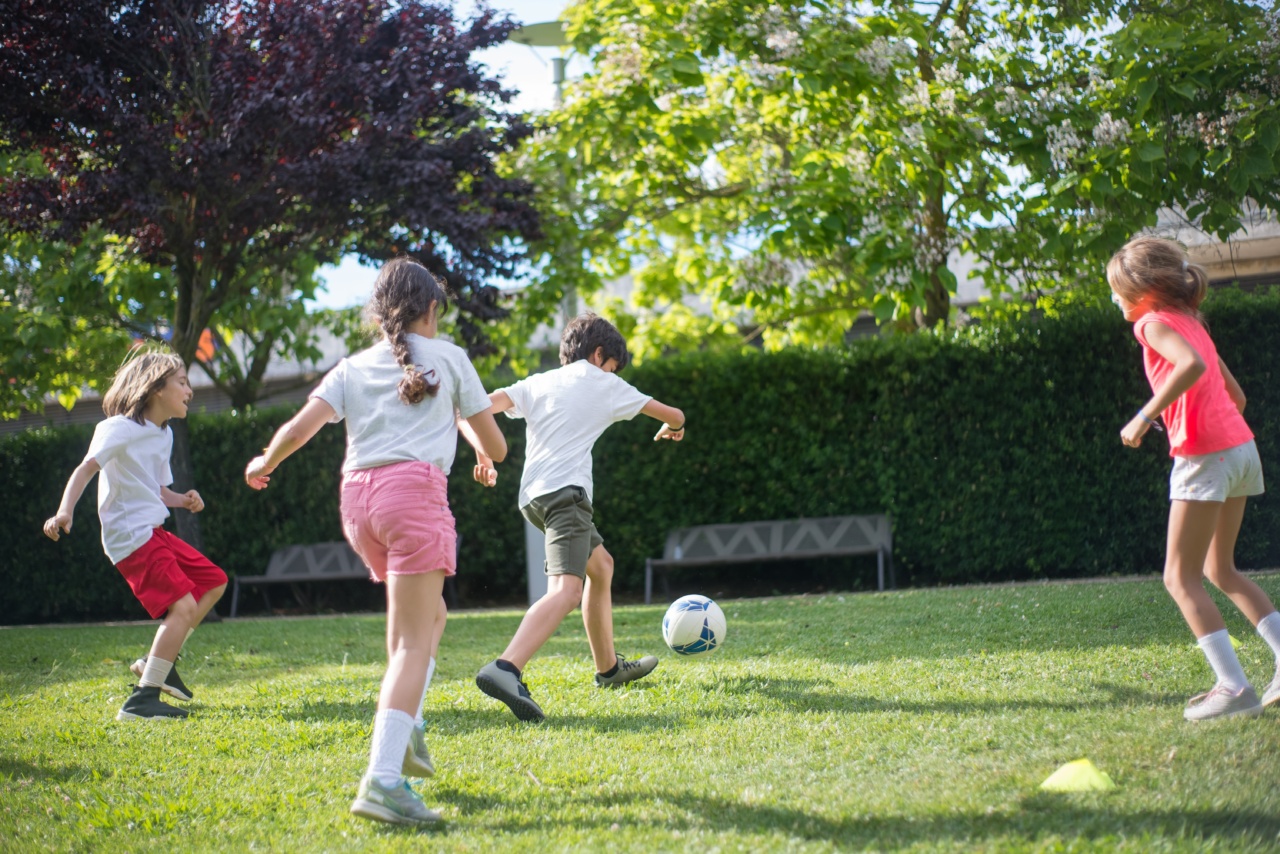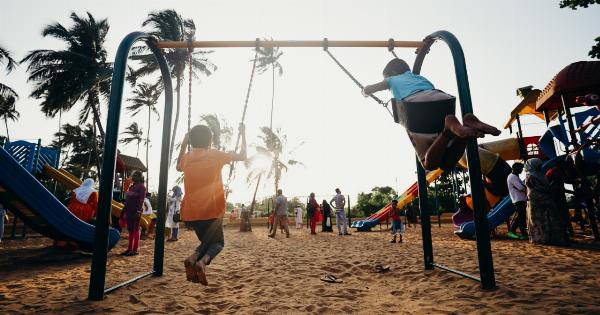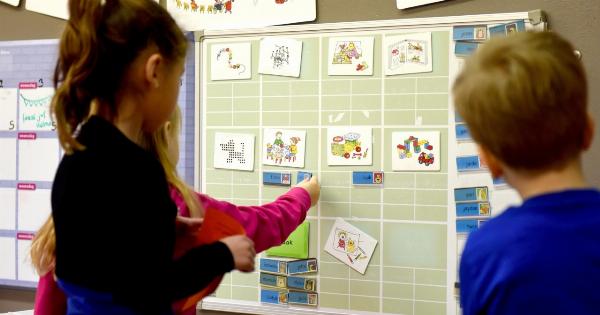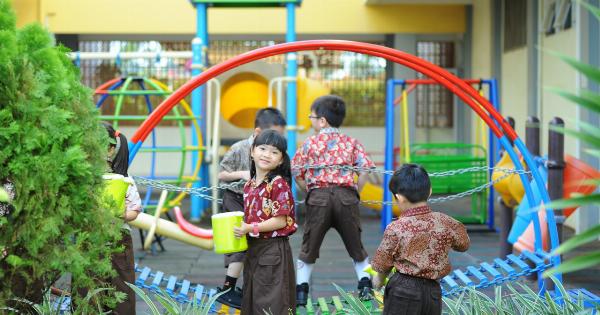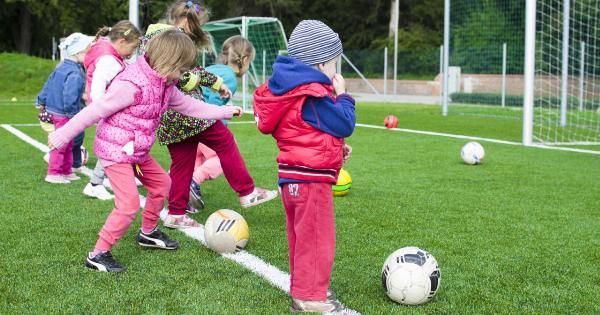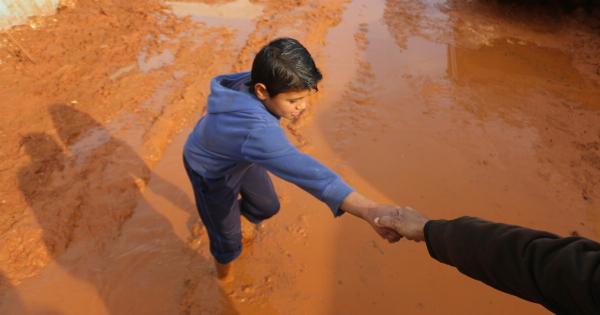Extracurricular activities are an essential part of a child’s life as it helps them grow, learn, and develop. As kids are growing up, they are faced with endless opportunities to engage in various extracurricular activities.
These activities can range from sports, music, art, dance and any other passion they may want to pursue. While some parents feel that children should focus solely on their academic endeavours, engaging in multiple extracurricular activities can also be beneficial for their overall growth and development.
This article will delve into the effects of multiple extracurricular activities on children.
Benefits of Extracurricular Activities
Extracurricular activities play a crucial role in the development of children. These activities provide an opportunity for kids to discover their interests, develop their social skills, and build essential life skills.
Multiple extracurricular activities offer numerous benefits that can help children in their lives. These benefits include but are not limited to:.
1. Diverse Interest Development
Children who engage in multiple extracurricular activities have the chance to explore different interests and passions, leading to better self-awareness and personal growth.
Kids may find that the combination of activities can lead to the development of character and well-roundedness.
2. Physical Health Benefits
Participating in multiple extracurricular activities can help children develop physical fitness, strength, and agility.
Sports activities such as soccer, basketball, and swimming also promote good health practices such as a healthy diet, proper hydration, and rest, among others.
3. Improved Academic Performance
Contrary to popular belief, engaging in multiple extracurricular activities can enhance academic performance.
Studies have shown that children who engage in extracurricular activities display improved cognitive skills, problem-solving abilities, and time management skills, among others. These skills translate to better academic and professional performance in the future.
4. Social Skills Enhancement
Extracurricular activities provide a social setting where children can build relationships, make new friends, learn teamwork, and develop their communication skills.
Children can also gain essential life skills such as leadership, empathy, resilience, and conflict resolution.
5. Stress Reduction
Multiple extracurricular activities can help children reduce stress levels, improve their mood, and enhance their overall wellbeing.
Participating in activities they enjoy can help distract them from the pressures of everyday life while giving them an opportunity to engage in activities that relax them.
Negative Effects of Extracurricular Activities
While multiple extracurricular activities can have numerous positive effects, over-involvement in these activities can have negative consequences.
It is essential to strike a balance between these activities to prevent physical and psychological burnout. Some of the negative effects that over-involvement in extracurricular activities can have on children include the following:.
1. Fatigue and Exhaustion
Physically and emotionally exhausted children are often irritable, moody and lack concentration which can negatively affect their academic performance.
It is imperative that parents keep track of their child’s schedule and ensure that they get enough time to rest, sleep, and concentrate on their studies.
2. Time Management Issues
Whilst extracurricular activities can help children develop time management skills, over involvement can lead to compromised study time.
Parents ought to balance their child’s schedule so that they have enough time to study and engage in other activities too. This balance will help their child focus on their academic goals while still pursuing their passions.
3. Social Isolation
While participating in extracurricular activities can help kids develop their social skills, taking on too much can lead to social isolation from friends and family.
Isolation can lead to negative effects such as depression, anxiety, and low self-esteem. Parents ought to ensure that their child’s schedule allows them to spend time with family and friends.
4. Competition and Pressure
Excessive competition and pressure can lead to negative effects on children’s mental health. Children who participate in multiple extracurricular activities are likely to experience high pressure that can lead to burnout, stress, and anxiety.
Parents need to provide a supportive environment where their child can thrive without feeling the pressure to perform.
5. Stunted Personal Growth
In rare cases, over-involvement in extracurricular activities may compromise personal growth. This can happen when children are so focused on their activities that they fail to develop other important life skills and responsibilities.
They may miss out on other crucial life skills such as household chores, community service and other responsibilities, leading to an incomplete and biased lifestyle. Parents need to ensure that their child’s overall growth and development is taken into consideration when choosing extracurricular activities.
Conclusion
Participating in multiple extracurricular activities can help children develop, learn and grow.
However, parents must keep in mind that over-involvement in these activities can reverse the positive effects and lead to negative consequences such as burnout, exhaustion, isolation and competition-induced stress. Parents need to take a balanced approach, involving their child in activities they enjoy and allowing sufficient time for rest, relaxation, and academic endeavours.
This approach will lead to a wholesome and well-rounded child who is better equipped for success in various areas of their life.
